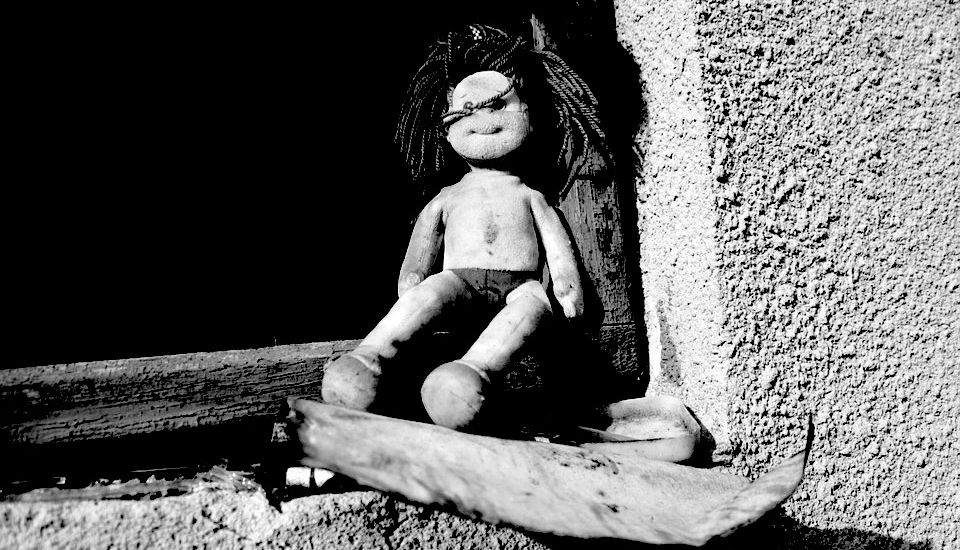

Lawyers acting for two siblings described as the "most damaged" in Jersey after enduring a decade of harrowing abuse have been explaining to the Royal Court why they're seeking £238m in compensation from the States - 17 times more than what the government believes it should pay out.
If successful, it’s believed it could be one of the largest personal injury pay-outs in UK legal history.
Rather than being put into care, the two siblings, who are now young adults, were allowed to live in the family home where they were “smacked”, locked in their bedrooms, told they were “unloved and worthless”, and sexually abused by an unknown amount of people. Both now need specialist care and are likely to do so for the rest of their lives.
The States accept responsibility but say that the compensation should be much lower than £0.2billion, and are offering £14m.
In yesterday's Royal Court hearing, Pamela Scriven QC, presiding, heard about the siblings' journey through various institutions once they were finally removed from their "dangerous" family home in the late 2000s, and the cost of the care they require - one of the many factors the court is being asked to consider in order to decide on the compensation total. In later weeks, they'll hear from economists, actuaries and accountants in order to establish how much their care is likely to cost in future, including the predicted level of inflation over the next few decades.
The older of the pair is currently sectioned. The Court was told that if they were to return to live in Jersey and live independently with 2:1 care, it’s estimated it would cost £260,000 a year, and that more money would be needed to cover rent and support workers. In the UK the ‘core fee’ is estimated at around £169,000 a year, added to that would be the cost of specialist care. Whilst the level of ‘support’ she needs varies, it’s argued the pay-out should cover the worst case scenario.
The younger one, who now also lives in the UK, also needs round-the-clock support. They live a more independent life, however, and attend a specialist college. Nevertheless their moods can be volatile, meaning it’s possible they might need more support in future.
The case continues.
Comments
Comments on this story express the views of the commentator only, not Bailiwick Publishing. We are unable to guarantee the accuracy of any of those comments.